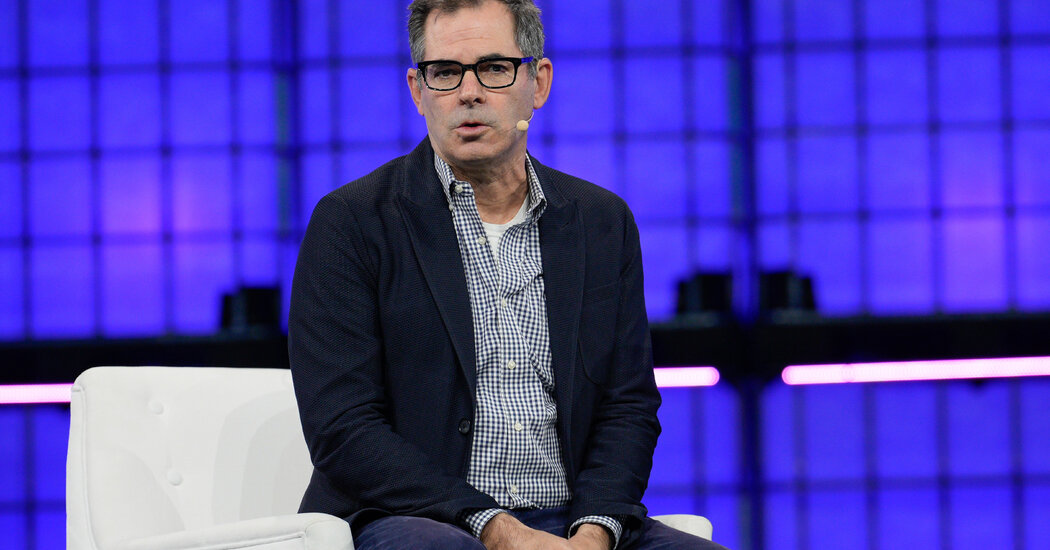CoreWeave’s IPO: Challenges and Implications for the AI Sector
As the landscape for initial public offerings (IPOs) remains turbulent, CoreWeave, a cloud computing firm focused on artificial intelligence (AI), recently made headlines by revising its IPO plans. The New Jersey-based company aimed to become the first major AI-focused firm to go public but has encountered significant hurdles.
Revised Offering Details
Originally eyeing a share price between $47 and $55, CoreWeave has adjusted its expectations downward to a competitive price point of $40 per share. This adjustment reflects reduced market enthusiasm, with the company now anticipating that its offering will generate around $1.5 billion, significantly lower than previous projections that suggested a valuation of $35 billion.
Market Sentiment and Economic Factors
The downward revision is indicative of an uncertain market climate, compounded by factors such as inflation and economic unpredictability linked to former President Trump’s tariffs. Samuel Kerr, head equity capital market analyst at Mergermarket, commented on the broader implications, stating, “It has been a brutal time for markets in general,” signaling decreased investor appetite for high-risk IPOs like CoreWeave’s.
Broader Implications for AI Offerings
While CoreWeave’s move to go public is significant, it may not serve as a definitive benchmark for the wider AI industry. Industry leaders such as OpenAI and Anthropic, known for their popular chatbots, are likely to set a clearer standard for future AI IPOs.
Company Background and Revenue Growth
Founded in 2017 by former commodities traders Michael Intrator, Brian Venturo, and Brannin McBee, CoreWeave initially started as a cryptocurrency mining venture. The company pivoted to AI applications following the rise of AI technology, particularly after OpenAI’s release of ChatGPT.
Financial Performance and Challenges
Despite a significant increase in revenue—from $229 million to $1.9 billion over the past year—CoreWeave remains unprofitable, mainly due to substantial debt incurred while establishing data centers. The firm spent nearly $1 billion last year servicing this debt.
Strategic Partnerships and Future Outlook
CoreWeave’s strategy includes partnerships with tech giants such as Nvidia and OpenAI, with the latter recently agreeing to a potential $12 billion deal with the firm. CoreWeave has successfully raised $2.3 billion in venture financing, reflecting confidence from major investors like Magnetar Capital and Nvidia.
Ownership and Stakeholder Influence
The management trio controls approximately 30% of CoreWeave, possessing a special class of shares that grants them around 80% of the voting rights. This structure exemplifies the concentrated control within the company amid its transition to public status.
Conclusion
As CoreWeave prepares for its IPO, the company stands at a critical junction in the rapidly evolving cloud computing and AI sectors. The outcome of its offering will not only reflect CoreWeave’s financial viability but may also signify larger trends and sentiments within the tech investment landscape.


